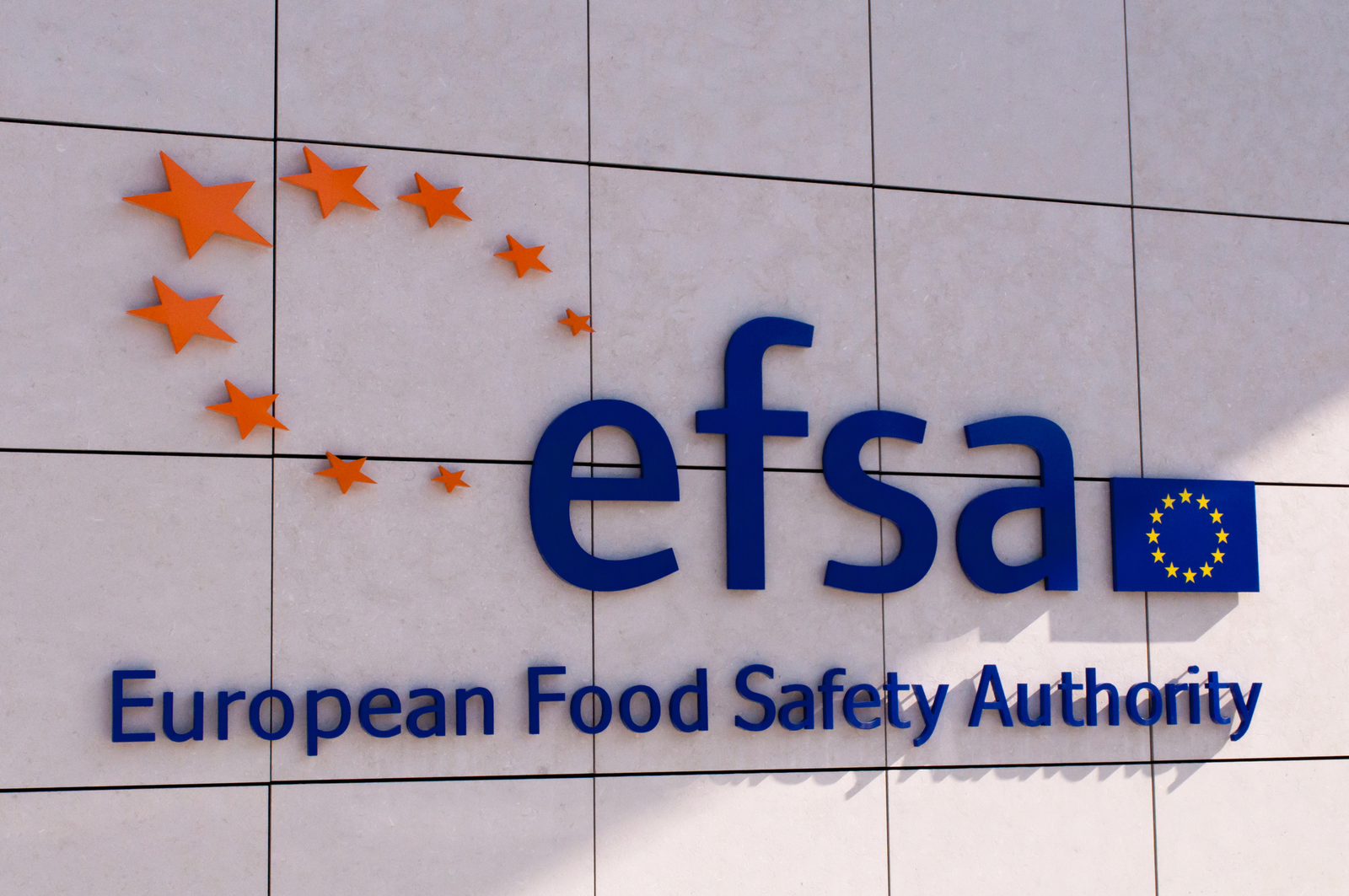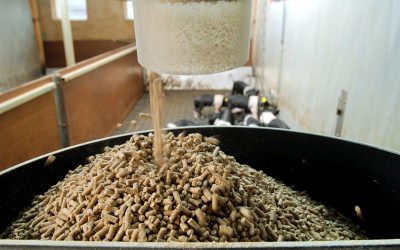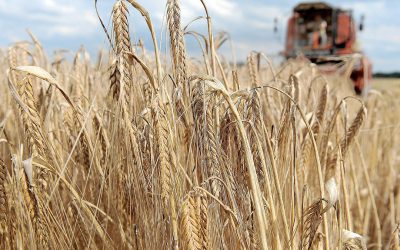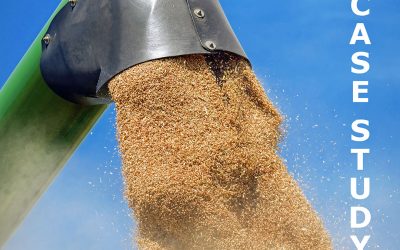EFSA boosts public access to feed and food data

EFSA has opened up to the public statistics of data on chemical contaminants and food consumption, which are used in its risk assessments. These statistics are accessible from EFSA’s new data warehouse.
“This is the latest important step towards improving accessibility to data collected by EFSA – one of the Authority’s main strategic challenges,” said Mary Gilsenan, Head of EFSA’s Evidence Management Unit.
EFSA is making available statistics for different countries on the reported frequency of contaminants in food and feed, and on food consumption for different age groups (such as means and percentiles).
“User-friendly tools allow interactive visualisation though tables, maps and graphs,” said Stefano Cappè, the EFSA data manager in charge of the project.
In February, EFSA published the data warehouse’s access rules, which were agreed with Member States.
Over the course of 2015, data providers and EFSA scientific staff have been given access to EFSA data warehouse to pilot the system.
Over the coming years, EFSA will make available as much as possible the data it collects and gathers from its networks of EU Member States and other data providers.
Also read: EFSA opinion on insects for feed
Early next year, EFSA will roll out similar presentations for data collections of zoonotic microorganisms in food, feed and animals, antimicrobial resistance, pesticide residues in food, and chemical hazards in food and feed,” added Mr. Cappè.











